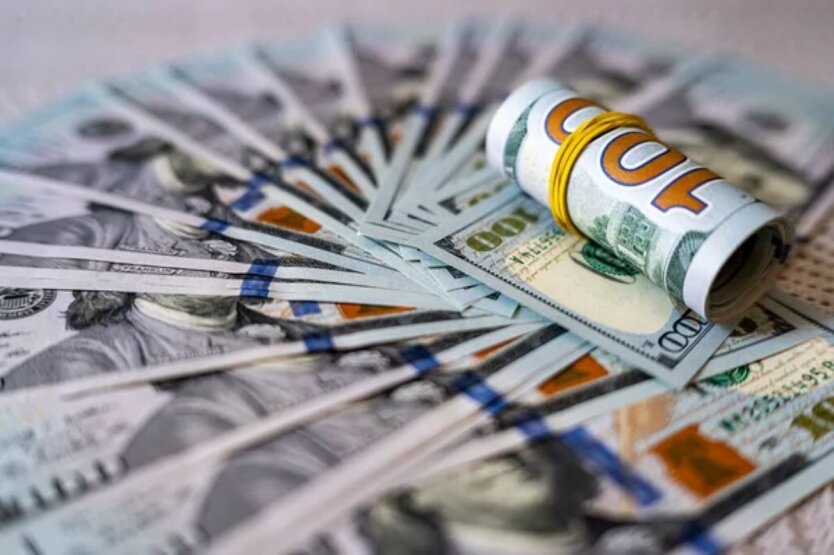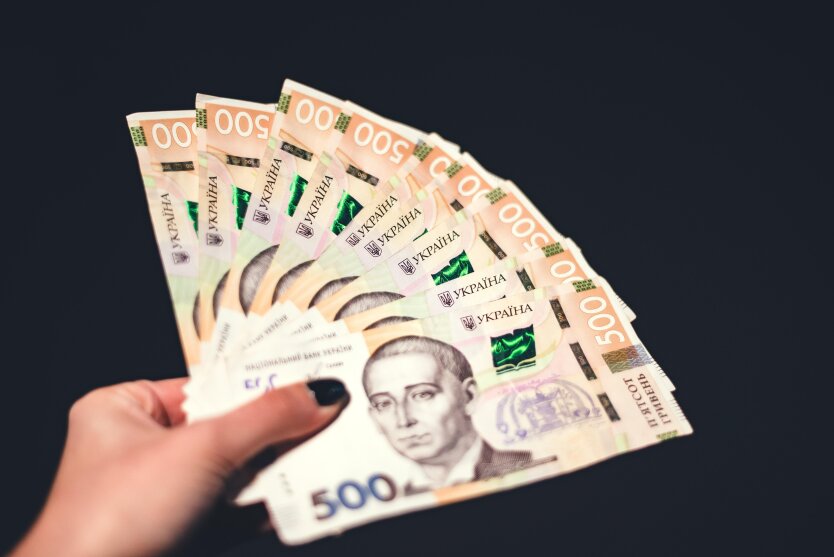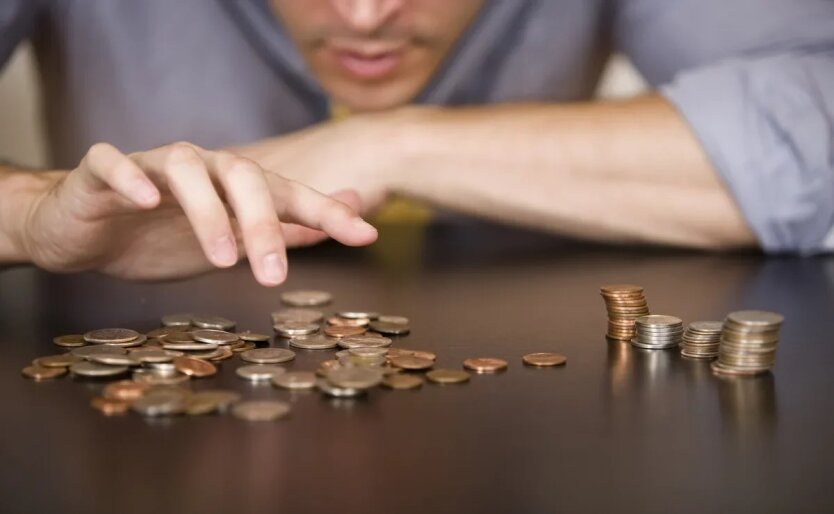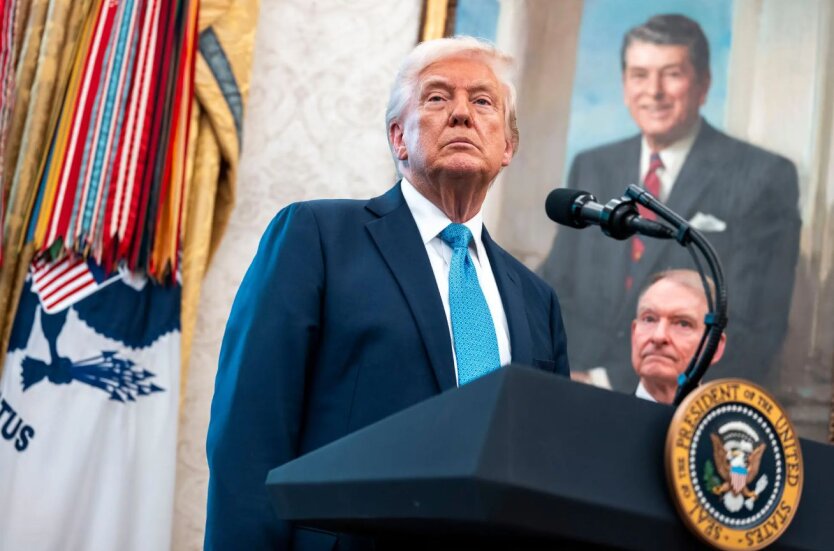What is devaluation and what will happen during devaluation.

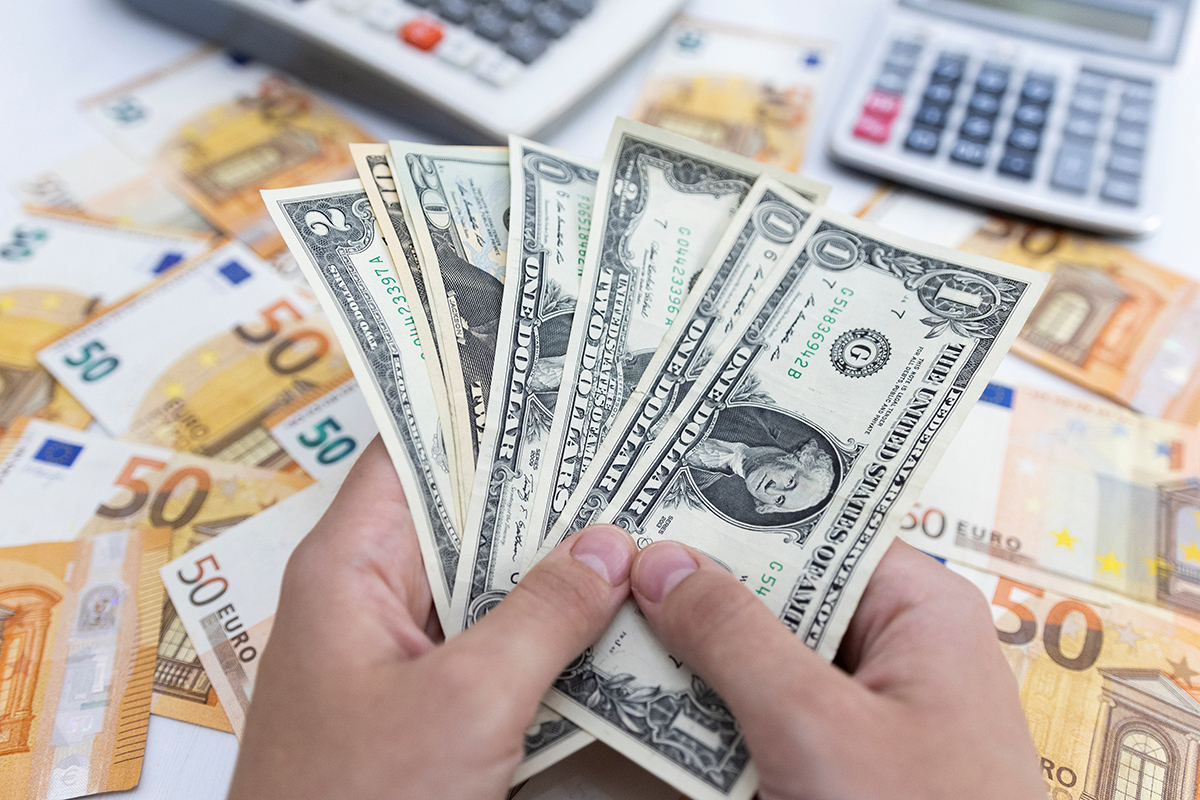
The economic process, especially in a country, is quite complex and often associated with crises. Therefore, understanding what devaluation is, one should take into account this complexity.
If we simplify what devaluation is, it is simply the process of reducing the value of the national currency. For this process, one should compare the value of one currency against another.
Importantly, it is necessary to determine what will happen with loans during devaluation. After all, the inevitable depreciation of the national currency will affect all economic processes.
Devaluation: all about this process and its causes
Before figuring out what will happen to my loan during devaluation or other payments, it is worth understanding how this process can occur in general. And then calculate to protect oneself from what devaluation of pensions or salaries means.
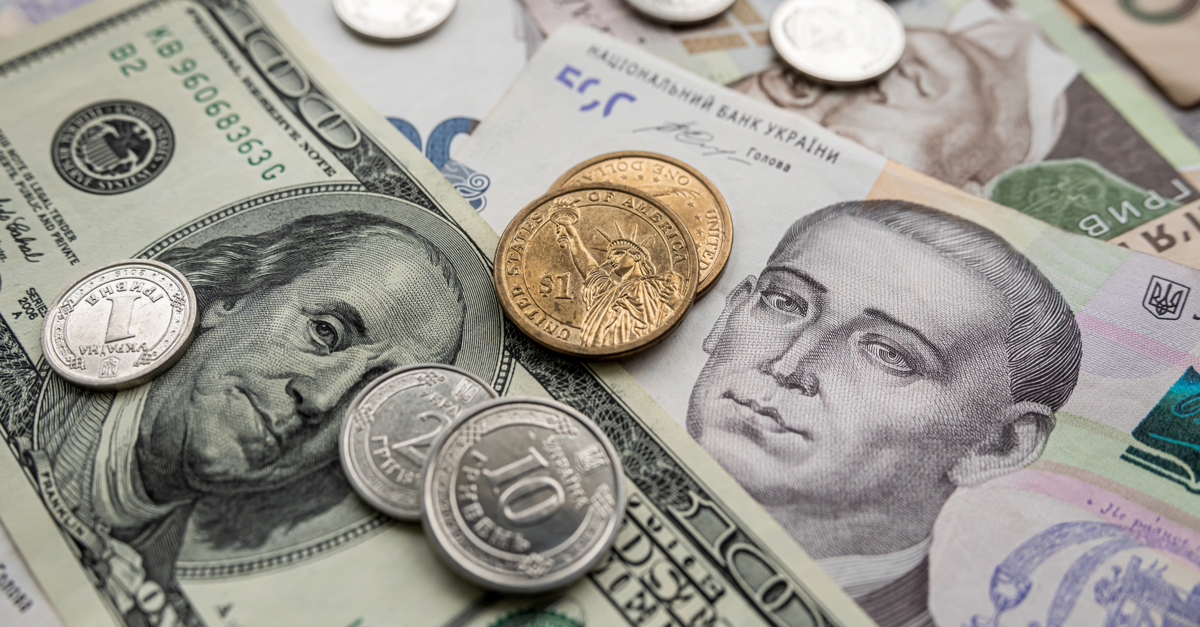
Thus, devaluation is the decrease in the value of the national currency against other currencies. In simpler terms, when devaluation occurs, a country's money becomes less valuable abroad. Inside the country, devaluation is not as noticeable, especially at the beginning. But this process involves exports, imports, and much more, so devaluation can create many complications. It can also lead to an increase in prices for imported goods and services, but it can also make exports more competitive. Therefore, answering the question of what will happen, prices will immediately rise. This will be particularly felt by the average person. The situation worsens if they have loans, pensions, or regular social payments that the person is heavily dependent on.
Devaluation can occur for various reasons, and its consequences can be both positive and negative. First, regarding the reasons for devaluation, it is primarily worth mentioning economic problems within the country. If a country faces economic difficulties such as high inflation or budget deficits, it may lead to a decrease in the value of its currency. Inflation, in general, is very closely connected with devaluation. They literally go hand in hand.
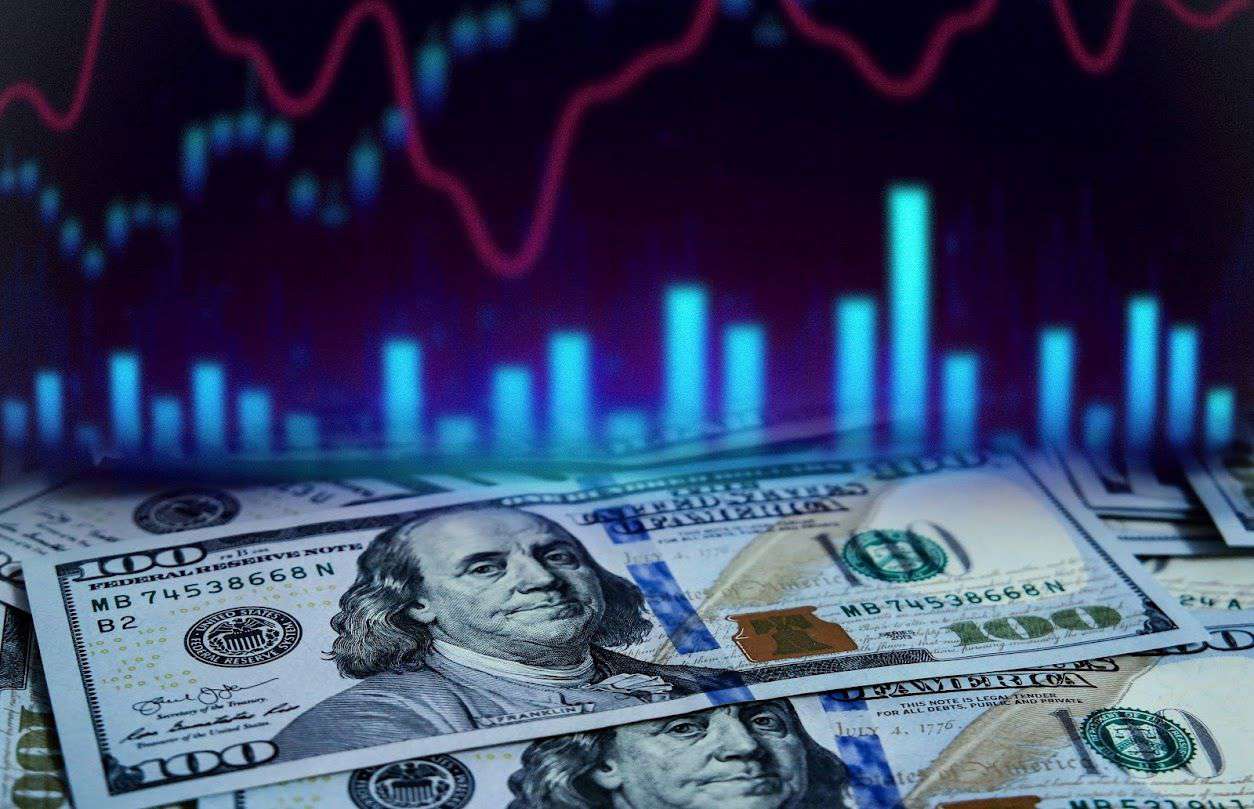
Other reasons for devaluation:
-
Political instability. Political crises and instability can cause a loss of confidence in the currency, which can also lead to its devaluation.
-
Actions of the central bank. Central banks may adopt a policy of devaluation to improve the competitiveness of export goods or to correct imbalances in the balance of payments.
In the second case, it is about not-so-dangerous devaluation.
What are the consequences of devaluation?
If devaluation happens, it will not end quickly as it brings along a series of other important processes. Almost immediately after devaluation occurs, there is an increase in import prices. Since the country's currency has become less valuable, imported goods become more expensive. This may cause inflation, and goods and services within the country may rise in price.
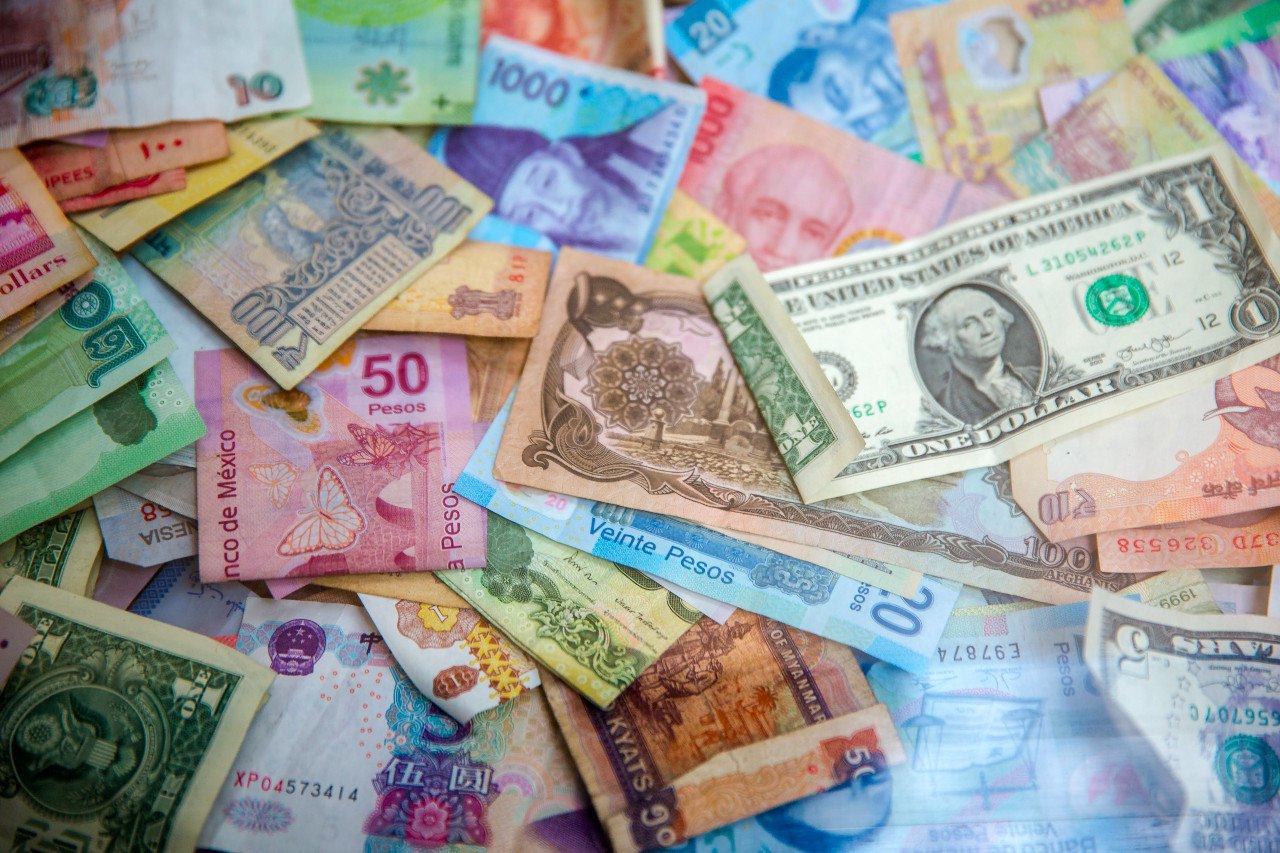
At the same Time, there is an increase in exports. Goods and services of the country become cheaper for foreign buyers, which can stimulate exports and contribute to economic growth. Debt liabilities will immediately follow devaluation. If the country has debts in foreign currency, then devaluation will make those debts more expensive when converted into the national currency.
Can devaluation be controlled?
When talking about controlling devaluation, it is primarily worth mentioning methods for regulating the currency and its exchange rate. Some countries use currency reserves or interventions in currency markets to control or slow down the devaluation of their currency. This is quite a good but complicated process. Not all countries can afford this.
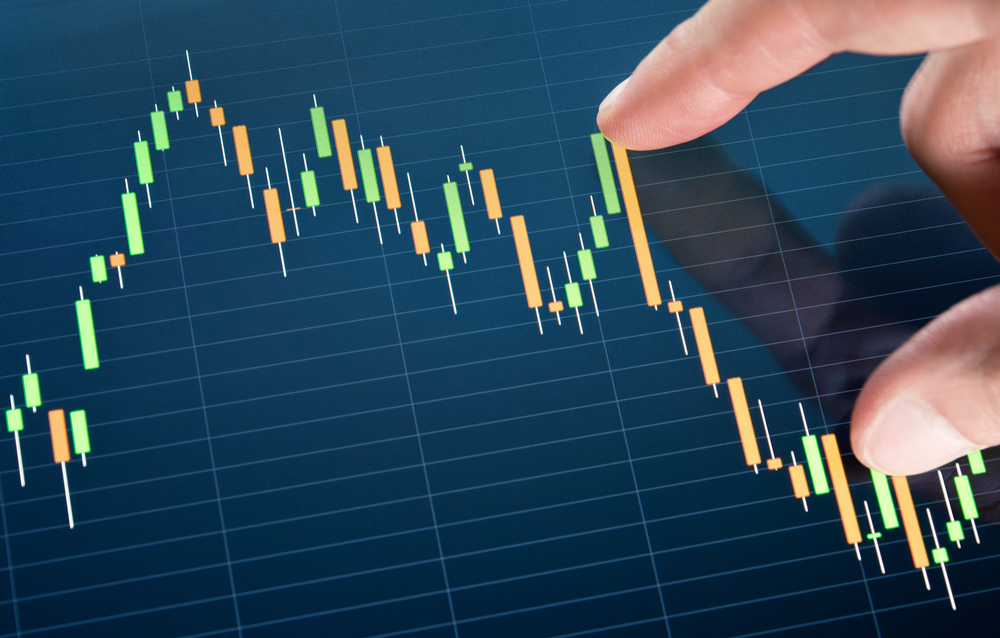
In addition, undoubtedly, proper economic policy can help. This involves taking measures to improve the economic situation and stability. This can help stabilize and strengthen the currency, but only theoretically. In practice, it is difficult to stop or control devaluation, and countries with strong political and economic power generally do not experience devaluation.
Overall, devaluation is a complex process that can have various effects, depending on the specific situation and the country’s economic policy. It should be said right away that inevitably, countries experiencing devaluation will experience an increase in inflation. Imported goods become more expensive, which can lead to rising prices for domestic goods and services. One cannot forget about changes in the investment climate.
If a country or companies have debts in foreign currency, devaluation increases the cost of these debts in the national currency, making repayment more difficult and potentially increasing financial burdens. The same can happen with a citizen's regular loan; it all depends on the type of loan.
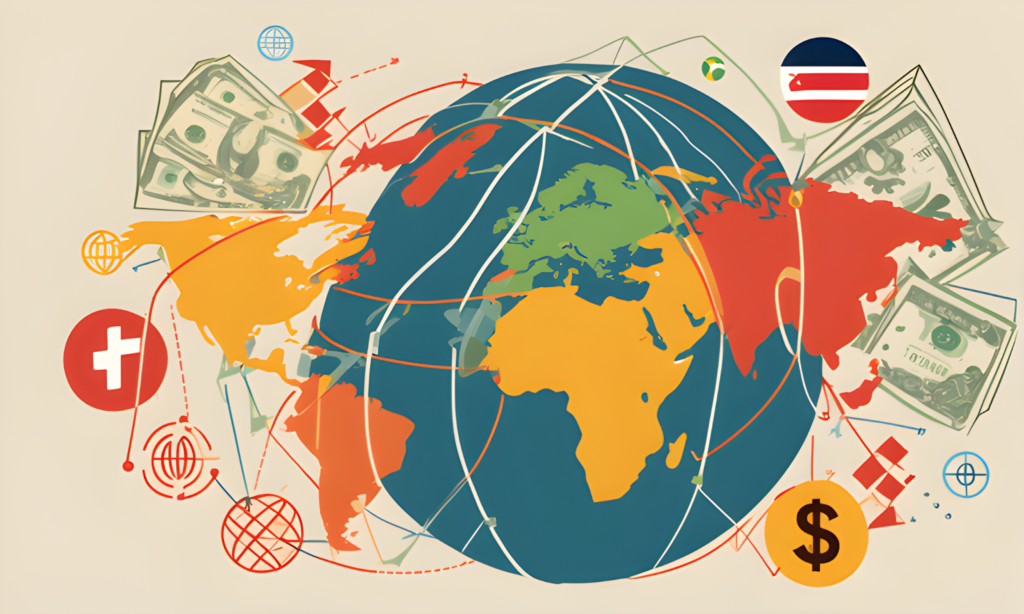
If contracts or payments are made in foreign currency, their cost in the national currency increases, which can raise expenses for companies and the state.
Read also
- What to see in Bukovel: winter, summer and autumn
- What to see in Iceland: in winter, in summer, on a tour
- What is p2p and pay2pay transfer
- Best Adult Films: TOP 5 Films

